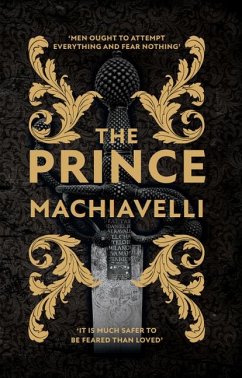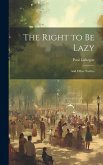" It is not titles that honour men, but men that honour titles." How can a prince rise to power? What must he do to remain in it? What is expected of a good ruler? Which is better-- to be feared or to be loved? Offering an explicit insight into the minds of a ruler, here is a practical handbook and a political treatise exploring the attainment, maintenance, and utilization of political power in the Western world. It warns that if a state is not governed properly it shall collapse on the ruler. It elaborates on the qualities of a prince and his prudence. One of the first works of modern political philosophy, Niccolò Machiavelli's The Prince expounds on why the princes of Italy lost their states. He dedicates the book to Lorenzo de' Medici, believing that it is he who can bring salvation for Italy. This classic edition is a must-have for all! - The book continues to influence its readers and the hidden ruler in them - It describes the art and craft of war - It gives lessons in statesmanship and on judging the strength of principalities - This hardbound edition comes with gilded edges, a ribbon bookmark, and beautiful endpapers - It is perfect for gifting and will make a good addition to any library
Hinweis: Dieser Artikel kann nur an eine deutsche Lieferadresse ausgeliefert werden.
Hinweis: Dieser Artikel kann nur an eine deutsche Lieferadresse ausgeliefert werden.








